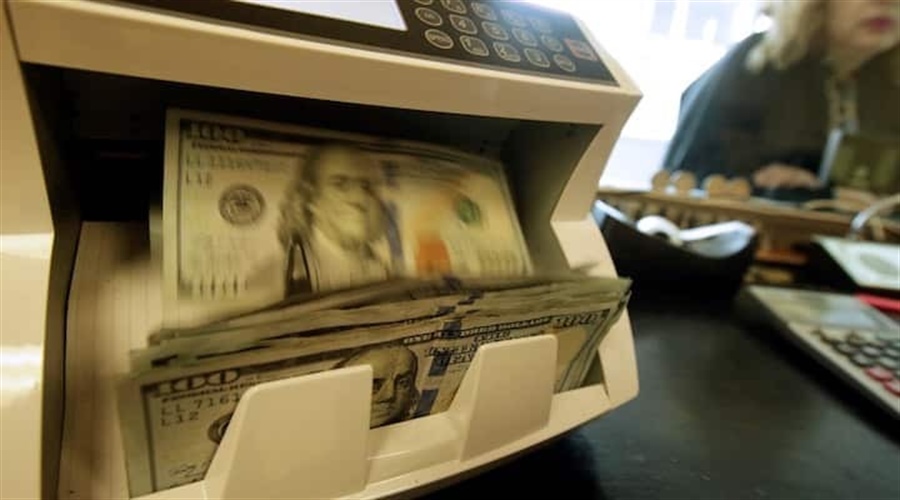Blockchain.com has become one of the most valuable cryptocurrency platforms after its closed its latest funding round at a valuation of around $14 billion, according to a Bloomberg report.
The financing round was led by Lightspeed Venture Partners and Baillie Gifford & Co also participated. Both of them were existing investors in the crypto company.
Founded in 2011, Blockchian.com turned itself into a major crypto platform over the years. According to its website, it has 37 million verified users with 82 million wallets and handled more than $1 trillion in transactions. Last year, the company also moved its US headquarter from New York to Miami.
A Well-Funded Crypto Company
The latest valuation is a significant jump from the company’s $5.2 billion valuations that was achieved in March last year when the company raised $300 million. That round included Lightspeed and VY Capital as investors.
But the single largest investment into the crypto company came from Baillie Gifford at $100 million last April.
Blockchain.com withdrew its application on March 29 and is going to operate in Europe with its Lithunian license.
Meanwhile, other competitors of Blockchain.com are also getting massive valuations. Global FTX, led by crypto billionaire Sam Bankman-Fried, hit $25 billion in valuation, whereas its US affiliate was valued at $8 billion. However, the valuation of Binance, which is the largest global crypto exchange in terms of trading volume, is not known.
Blockchain.com has become one of the most valuable cryptocurrency platforms after its closed its latest funding round at a valuation of around $14 billion, according to a Bloomberg report.
The financing round was led by Lightspeed Venture Partners and Baillie Gifford & Co also participated. Both of them were existing investors in the crypto company.
Founded in 2011, Blockchian.com turned itself into a major crypto platform over the years. According to its website, it has 37 million verified users with 82 million wallets and handled more than $1 trillion in transactions. Last year, the company also moved its US headquarter from New York to Miami.
A Well-Funded Crypto Company
The latest valuation is a significant jump from the company’s $5.2 billion valuations that was achieved in March last year when the company raised $300 million. That round included Lightspeed and VY Capital as investors.
But the single largest investment into the crypto company came from Baillie Gifford at $100 million last April.
Blockchain.com withdrew its application on March 29 and is going to operate in Europe with its Lithunian license.
Meanwhile, other competitors of Blockchain.com are also getting massive valuations. Global FTX, led by crypto billionaire Sam Bankman-Fried, hit $25 billion in valuation, whereas its US affiliate was valued at $8 billion. However, the valuation of Binance, which is the largest global crypto exchange in terms of trading volume, is not known.

